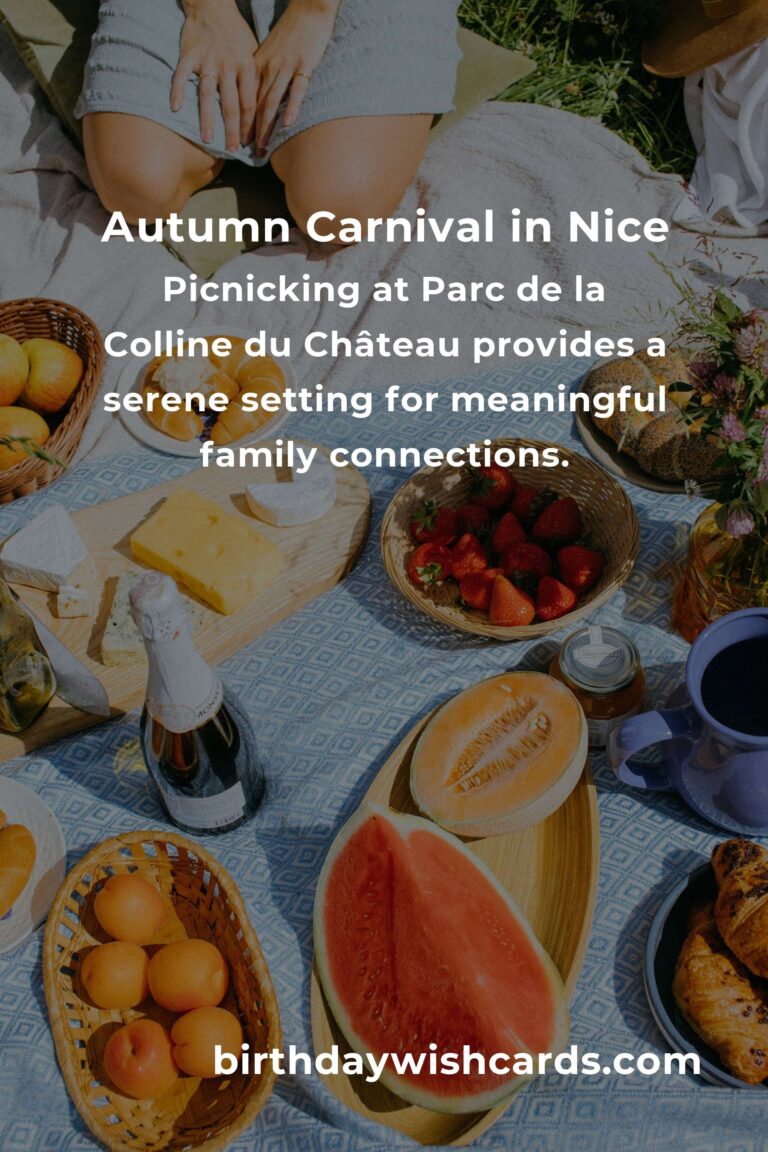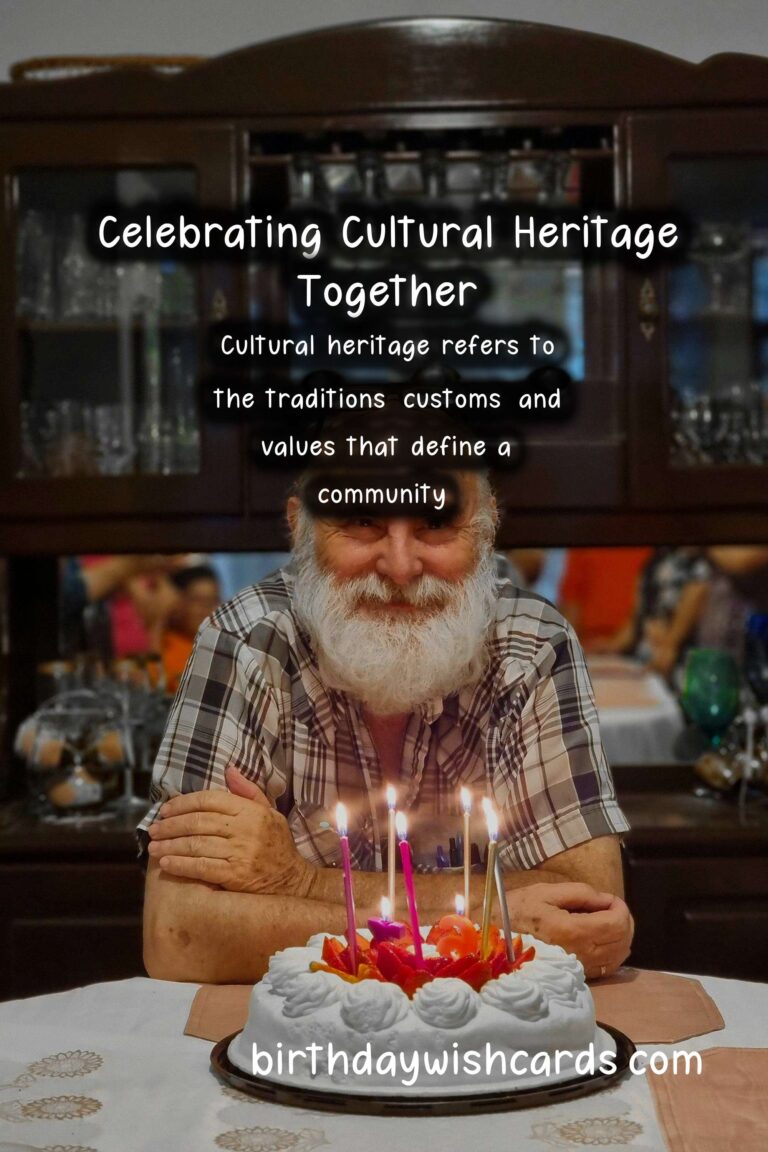
Cultural heritage refers to the traditions, customs, and values that define a community. Celebrating cultural heritage is not only a way to preserve history but also to foster understanding and respect among diverse populations. In this article, we will explore effortless ways to celebrate cultural heritage through various tips and ideas.
1. Organize a Community Festival
A community festival is a fantastic way to bring people together and celebrate cultural diversity. Organizing a festival can be as simple or as elaborate as you wish. Gather local artists, musicians, and chefs to showcase traditional crafts, performances, and foods from different cultures.
Tip: Collaborate with local cultural organizations to promote inclusivity and authenticity.
2. Host Traditional Cooking Classes
Food is a universal language, and sharing traditional recipes can be an enriching experience. Host cooking classes where participants can learn to prepare dishes from various cultures. This not only preserves culinary traditions but also creates bonds among participants.
Tip: Incorporate storytelling by sharing the history behind each dish.
3. Create a Cultural Heritage Month
Designate a month to celebrate cultural heritage within your community. During this month, organizations can host events that focus on different aspects of culture, such as film screenings, art exhibitions, and lectures. Use this opportunity to educate the public about the importance of cultural preservation.
Tip: Engage schools and universities to encourage participation from younger generations.
4. Start a Cultural Exchange Program
Cultural exchange programs allow individuals to experience different ways of life. By facilitating exchanges, whether in-person or virtual, participants can gain insight into various cultures. This could be done through homestays, language exchange, or collaborative projects.
Tip: Use social media to share participants’ experiences and broaden the program’s reach.
5. Support Local Artisans and Craftspeople
Promote cultural heritage by supporting local artisans and craftsmen. Create markets or events where they can showcase their work. This not only highlights traditional beauty but also supports local economies.
Tip: Feature artisans on social media platforms to help them gain visibility.
6. Share Stories and Oral Histories
Oral history is a powerful tool in preserving cultural heritage. Gather stories from community members about their experiences and traditions. These can be recorded and shared through various mediums, including podcasts, written articles, or video testimonies.
Tip: Create a dedicated platform where these stories can be easily accessed by the public.
7. Celebrate through Art and Music
Art and music are integral parts of cultural expression. Organize art exhibitions, concerts, or dance performances that celebrate different cultural heritages. This not only highlights the richness of the cultures but also provides a platform for artists.
Tip: Incorporate interactive activities, such as dance workshops, to engage the audience.
8. Engage in Cultural Learning Workshops
Learning about different cultures through workshops can be a dynamic way to celebrate heritage. These workshops can cover various topics like traditional crafts, music, language, or dance. They can be tailored to different age groups and skill levels.
Tip: Collaborate with cultural experts to provide authentic learning experiences.
9. Utilize Technology for Virtual Celebrations
In today’s digital age, technology can help bridge cultural gaps. Host virtual events, such as webinars, Facebook Live sessions, or virtual exhibitions to reach a broader audience. This approach allows people from various locations to participate and learn about different cultures.
Tip: Record these sessions for future viewing, providing a lasting resource.
10. Encourage Inclusive Practices
Inclusion is key when celebrating cultural heritage. Ensure that all voices are heard and represented in your initiatives. Incorporating diverse perspectives fosters a richer understanding of heritage and promotes unity.
Tip: Create advisory boards that include representatives from different cultural backgrounds.
Conclusion
Celebrating cultural heritage can be effortless and highly enriching with the right approach. By incorporating diverse strategies and ensuring inclusivity, communities can come together to honor their collective past while fostering an environment of understanding and respect for all cultures. Whether through festivals, workshops, or exchanges, the celebration of cultural heritage is a vital step towards creating a cohesive society.
Cultural heritage refers to the traditions, customs, and values that define a community. Celebrating cultural heritage is not only a way to preserve history but also to foster understanding and respect among diverse populations. 
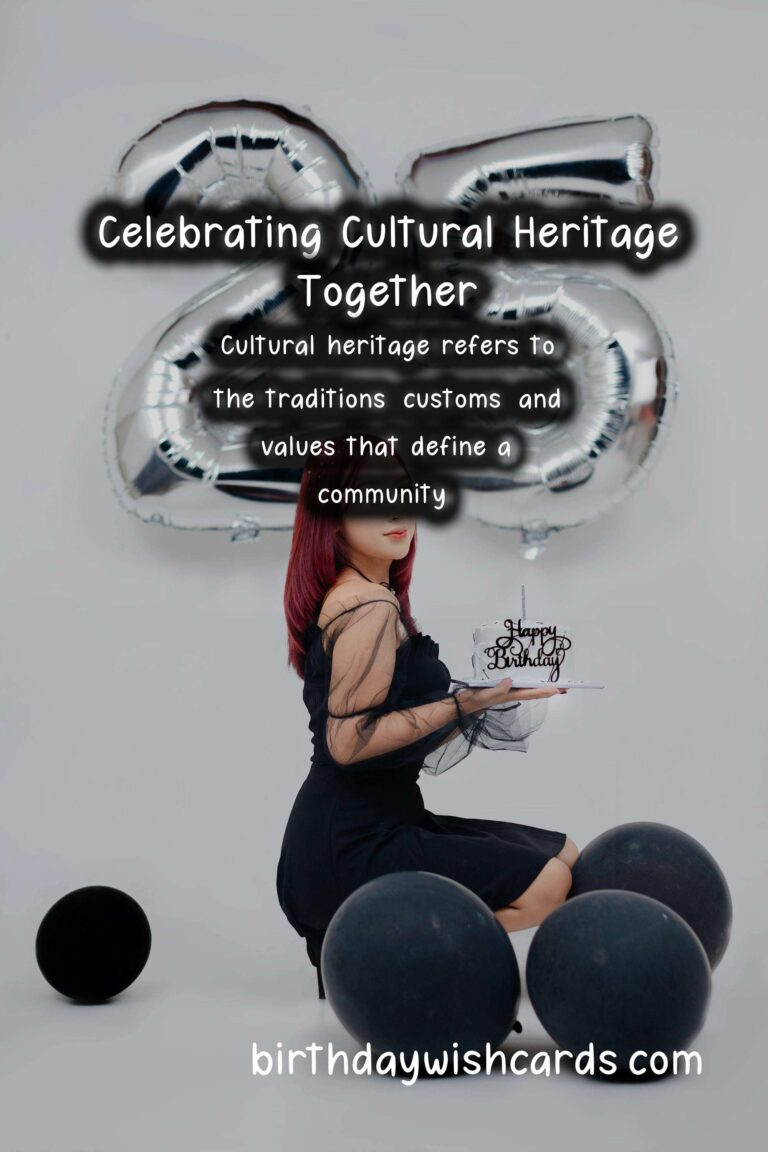
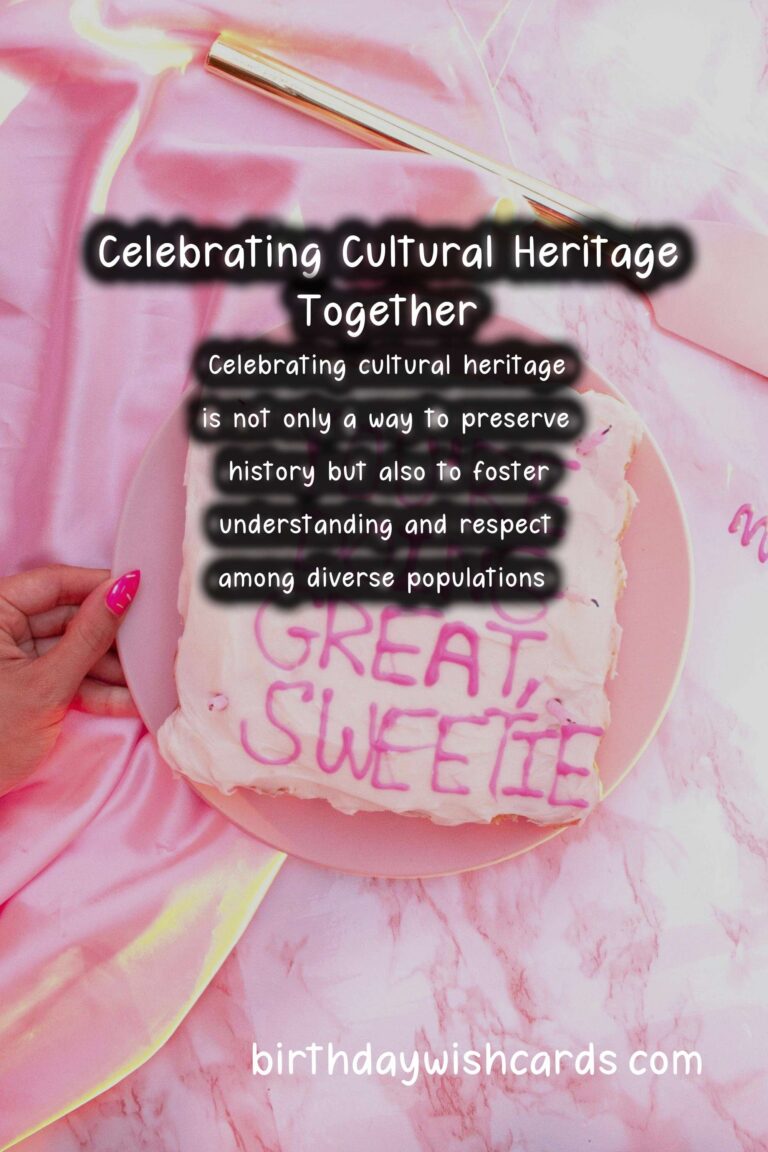
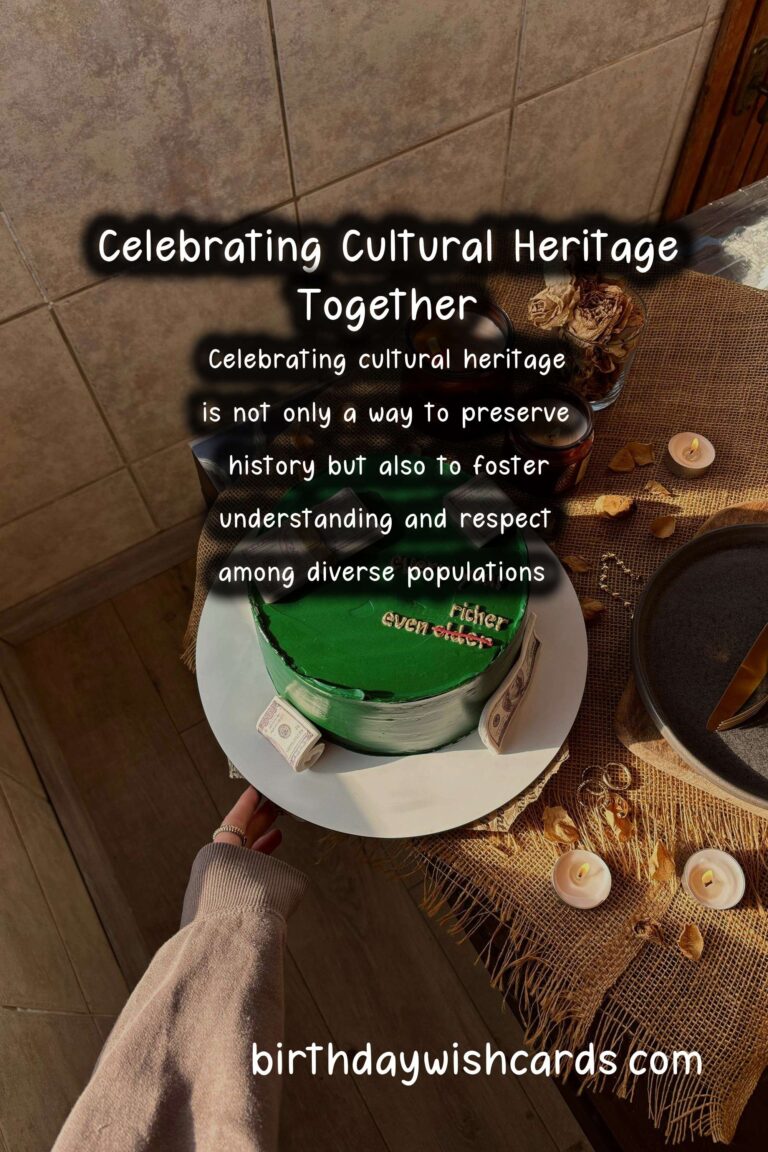
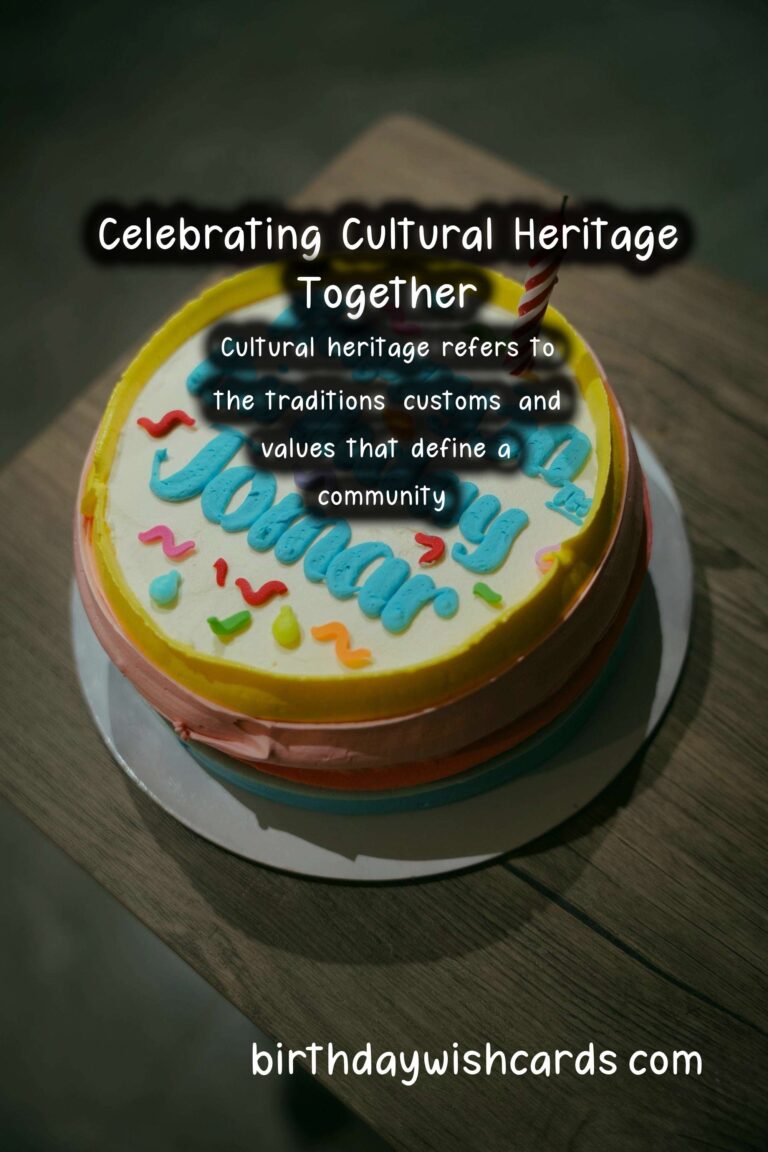
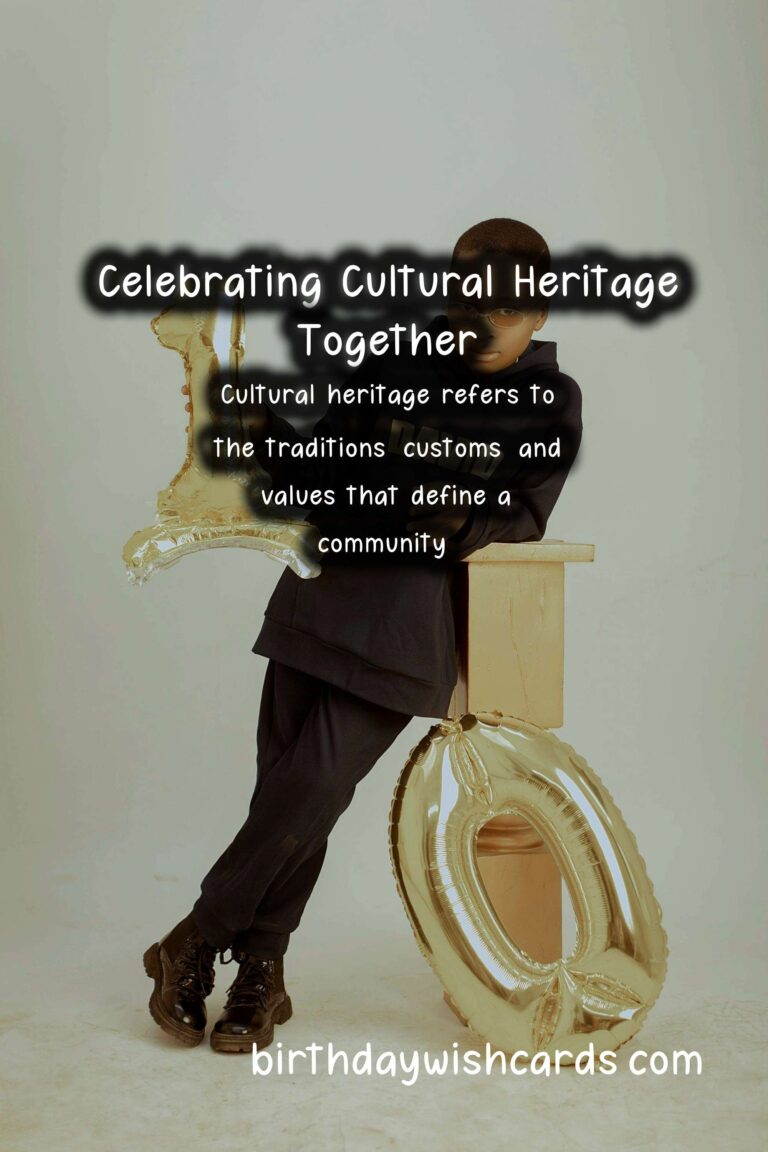
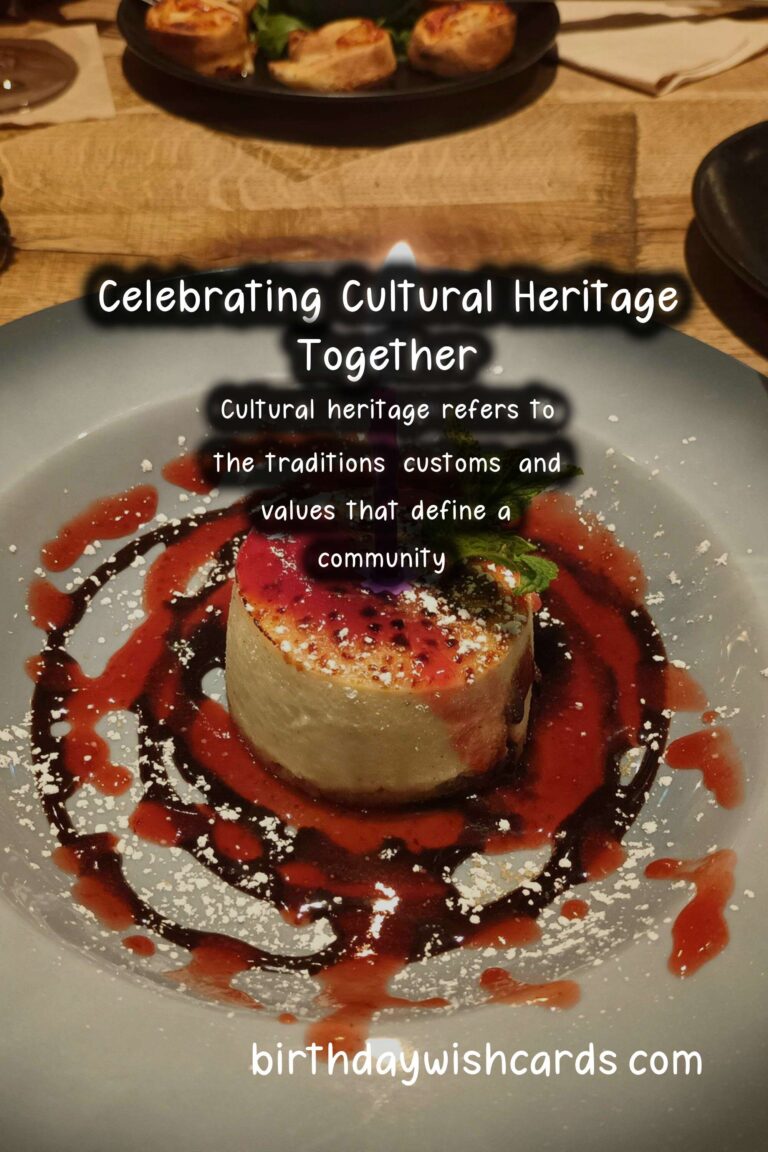
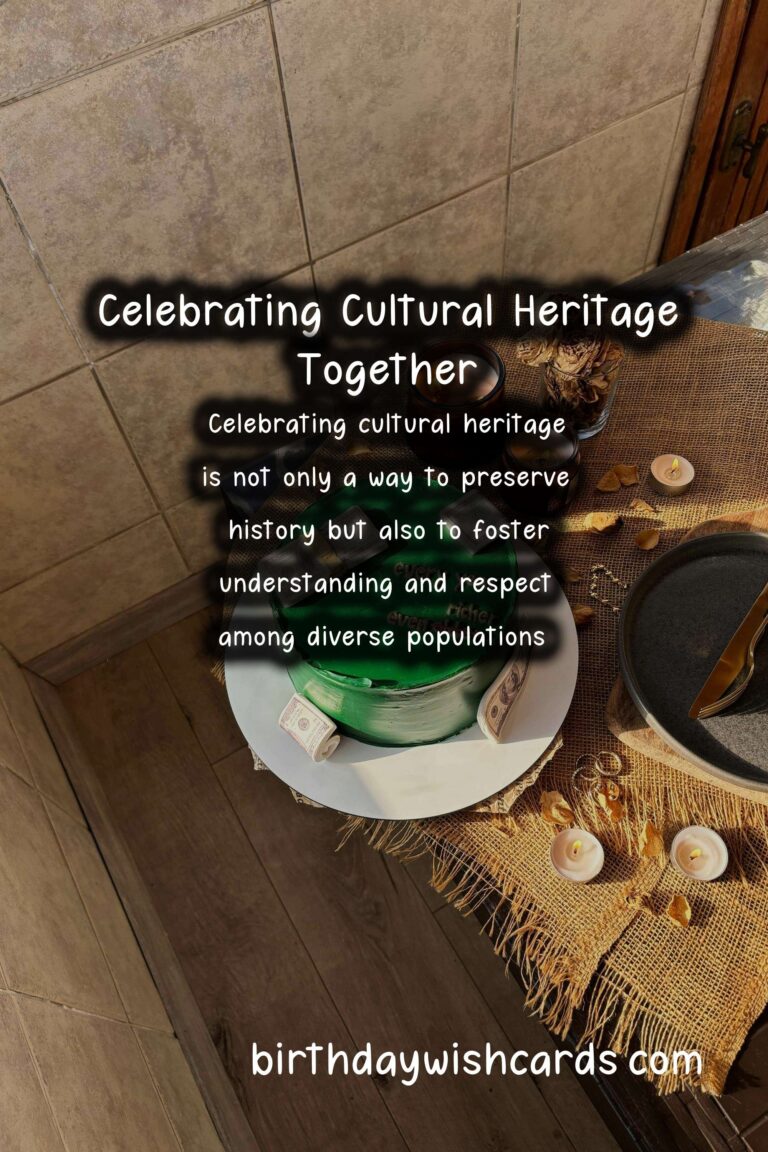
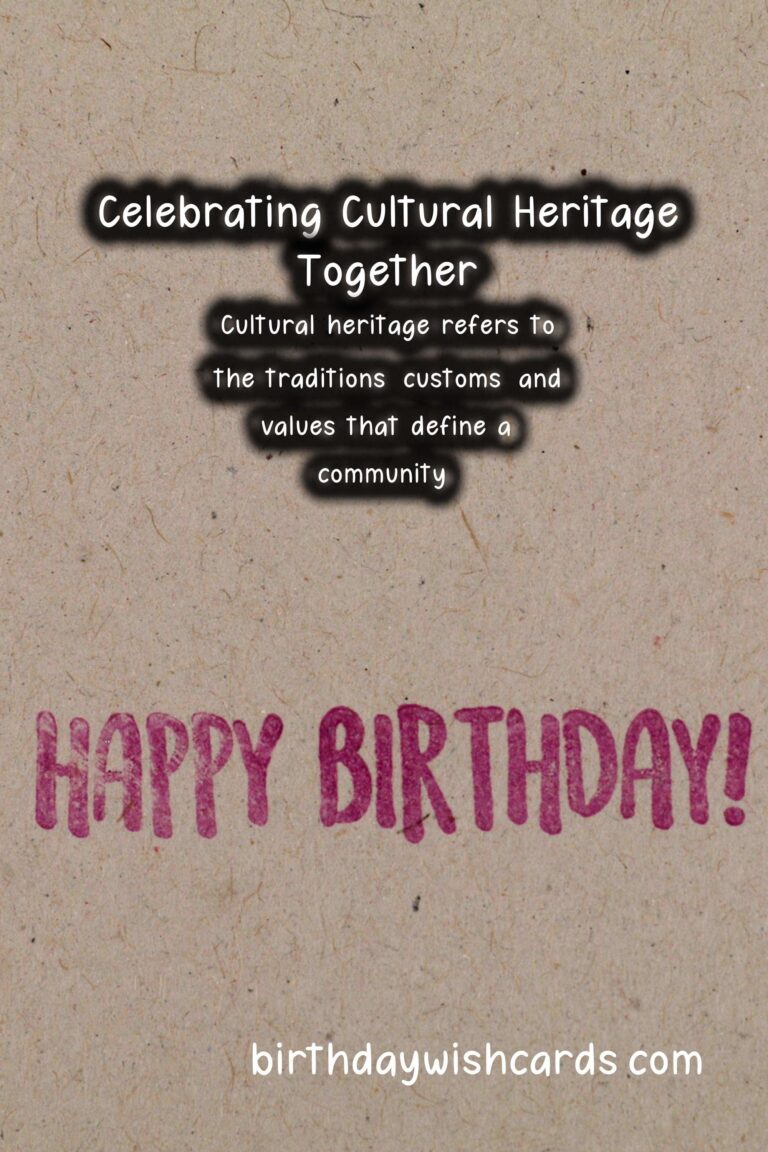
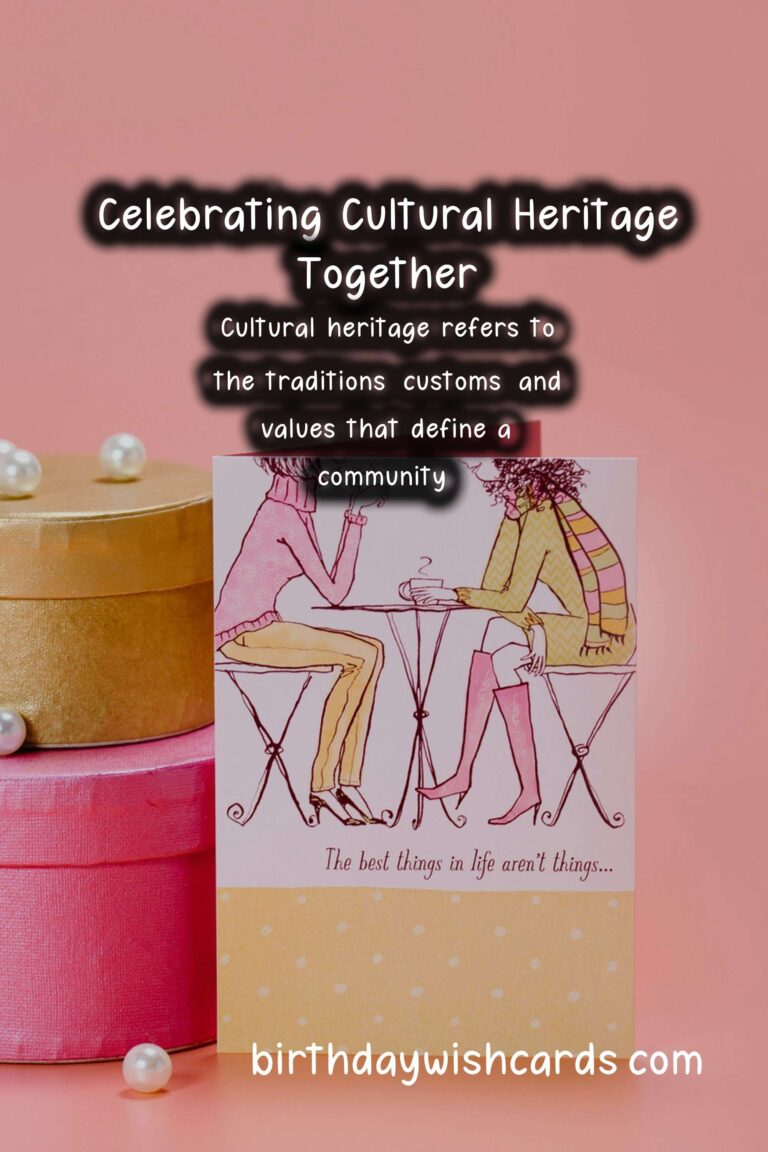
#CulturalHeritage #CommunityCelebration


